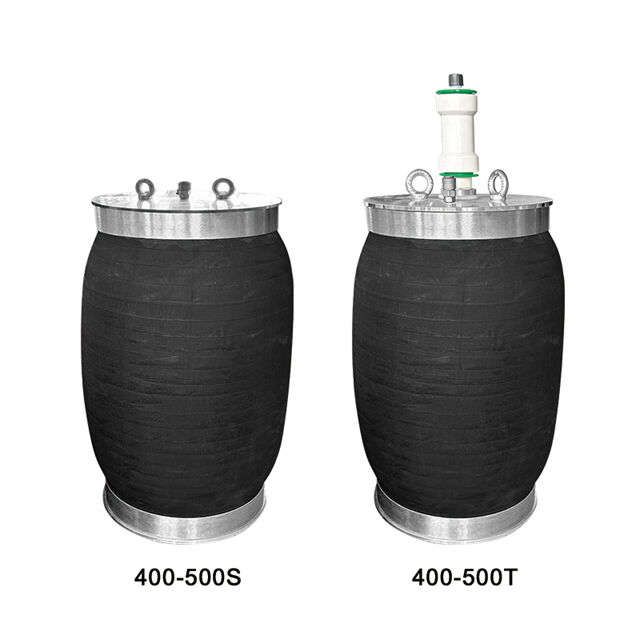What is a Sewer Test Plug?
Maybe you can repair your sewer system if your sink is leaking or your toilet refuses to turn off. Sewer test plugs are among the equipment used to carry out this activity. Through the utilization of a sewer test plug, a device that closes off the sewer line, your plumbers will be able to get an evaluation of possible leaks. This is your responsibility to ensure if everything functions correctly without any leakage. In this article, we are going to cover the aspects you should take into consideration while choosing a sewer inflatable pipe test plug as well as the most ideal features that you should find in one to be able to satisfy your requirements.
What to Look for While Choosing a Sewer Test Plug
One of the first things to take into account is the size of your sewer pipe. Make sure that the plug will fit exactly; this is extremely important. If it is too big, it can't be secured, and if it is too little, it just won't block the pipe well. That means it won't fit and you will need to return it to the store to get a different size. The second thing to consider is how the plug is made. Sewer inflatable test plug are the type of things that are made of materials like rubber, plastic, or metal. The material you will use will be based on your needs and how much target will spend. Plastic plugs are cheaper, a bonus, but they will wear down and break sooner than the other types. Rubber and metal plugs are harder, and even more durable, but at times can also be more costly.
Best Features to Look For When Selecting a Sewer Test Plug
Understanding What to Look ForNow that you are aware of what you should reflect on, let us discuss the best features to find when selecting a sewer test plug. Firstly, ensure that the plug seals tightly. This is very important, as you don't want any sewage or water leaking out during the test. Second, locate a plug that you can inflate and deflate with ease. It is exhausting when the plugs require much effort to inflate or deflate. Third, note the shape of the plug. Some plugs fit a particular pipe, while others are tapered for multiple pipes. Such versatility can be very handy. Also, look at plugs that come with accessories. Some plugs come with a carrying case or inflation pump, which can make them more convenient to use.
Strengths and Weaknesses Of the Different Types of Sewer Test Plugs:
You need to be aware of three of the primary sewer test plugs: mechanical, pneumatic, and hydraulic. The most rudimentary kind is a mechanical plug,Ear cleaning bulb syringe and it is good for small or won't-test applications. Unlike many other treatment options that need to be used with specific instruments or devices, no such necessities exist with this one, so it is easy for anyone to maintain. But it's sort of a pain to put in and out, at least if you are not doing it carefully. A pneumatic plug is a bit different -- it requires an air compressor to fill. This kind of plug makes a very good seal when fitted, ideal for longer tests, but they may be more expensive than other models. The hydraulic plug is the newest type. It works by using the pressure of water to seal the pipe, the best kind of plug you can have. That being said, this is the most expensive option of them all, and requires special equipment to do.
Types of Sewer Test Plugs and How to Select the Best One for You:
To begin with, take the sewer pipe measurement for the correct size of sewer test plug. You need a good measurement. Subsequently, you can select the use of a costly well-machined or a muddled plug based on your finances and application. If, for example, you must test your sewer system quite a lot or for long periods of time, it may pay to invest in a pneumatic or hydraulic plug. Lastly, always seek out a snug-fitting plug that's easily inflated and deflated, with some extras if you believe they'll be worthwhile.

 AR
AR
 BG
BG
 DA
DA
 NL
NL
 FI
FI
 FR
FR
 DE
DE
 EL
EL
 HI
HI
 IT
IT
 JA
JA
 KO
KO
 NO
NO
 PL
PL
 PT
PT
 RO
RO
 RU
RU
 ES
ES
 SV
SV
 CA
CA
 TL
TL
 IW
IW
 ID
ID
 SL
SL
 VI
VI
 SQ
SQ
 ET
ET
 GL
GL
 HU
HU
 TH
TH
 TR
TR
 GA
GA
 BE
BE
 BN
BN
 SO
SO
 HAW
HAW


